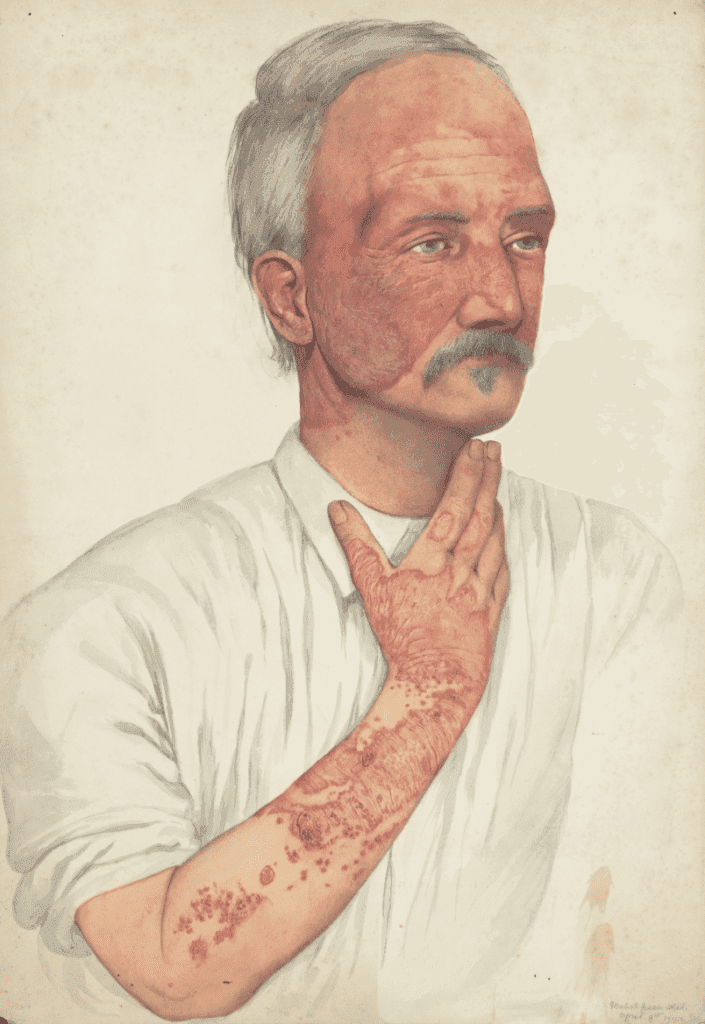
It’s a challenging condition that may have serious effects on a person’s life and daily functioning. Even though lupus has no known cure, its symptoms may be controlled and flare-ups avoided with a combination of diet, exercise, and other self-care measures. In this piece, we’ll discuss methods, such as changing your lifestyle and engaging in self-care practices, that may help keep lupus at bay.
Just what is lupus, anyway?
It’s an autoimmune disorder caused by the body attacking its own tissues and cells because it thinks they’re harmful intruders. Many parts of the body, including the joints, skin, kidneys, heart, and lungs, get inflamed and damaged as a result. Because the symptoms may be so diverse and similar to those of other conditions, diagnosis can be challenging. Tiredness, joint pain, rashes, fever, and swollen glands are all signs of lupus.
Varieties of Lupus
There are four distinct forms of lupus.
- The most common form of lupus is systemic lupus erythematosus (SLE), which may manifest itself in any organ.
- Lupus erythematosus of the skin (CLE): rash, lesions, and discoloration of the skin are symptoms of this condition.
- Drug induced Lupus:Symptoms of drug-induced lupus often subside if the offending medicine is no longer used.
- Neonatal Lupus:Infants born to mothers with lupus have a rare condition called neonatal lupus. Within six months, the problem normally fixes itself.
Lupus Origins:
No one knows for sure what causes it, although genetics, the environment, and hormones are all likely contributors. Common lupus precipitating factors include:
1:Sun-related infections
2: Several Medications
3. Stress caused by fluctuations in hormone levels, as occurs during pregnancy and menopause
4. Trauma or injury
Flare-ups of lupus may be avoided with behavioral modifications.
There is currently no treatment that completely eliminates lupus, although lifestyle changes may help manage symptoms and prevent flare-ups. Flare-ups of lupus may be avoided by following these steps:
Limit your time in the sun.
Skin lesions and rashes brought on by exposure to UV rays may make lupus flare-ups worse. Protect yourself from the sun by covering yourself and applying sunscreen whenever you go outdoors.
Dealing with stress
Stress may worsen symptoms for people with lupus. Relaxation and stress reduction are possible through practices like yoga, meditation, and deep breathing.
Eat well to stay healthy.
You may better control your lupus symptoms and lessen the likelihood of flare-ups by eating healthily. Fruits, veggies, whole grains, and lean proteins are all great food choices that may help you obtain the nutrients you need while also lowering your inflammation levels. Reduce your use of processed foods, caffeine, and alcoholic beverages.
Maintain a regular exercise routine.
Exercising on a regular basis may improve health, alleviate stress, and alleviate symptoms. Walking, swimming, and cycling are all great low-impact exercises that may assist people with lupus.
Get some shut-eye. Getting enough rest is crucial for keeping the sickness under control since fatigue is a common symptom. It’s vital that you stick to a normal sleep routine and don’t push yourself too hard.
Compliance and Medication Management
Medication may help patients manage their symptoms and prevent flare-ups. Patients with lupus should take their medication as prescribed and report any problems or side effects to their doctor.
FAQs on Lupus related queries
Whom could lupus most likely strike?
The average age of onset is 15–45; however, it may occur at any time.Lupus is more common in women of color, particularly African Americans, Hispanics, and Asians, compared to white women.
How is lupus identified?
Because there is no one test for it, clinicians usually use a mix of patient history, signs and symptoms, and laboratory results to make a diagnosis. Common diagnostic procedures include skin biopsies to evaluate rashes, imaging scans to check for evidence of inflammation, and blood tests to seek specific antibodies.
How is lupus managed?
The intensity and location of the symptoms will dictate the course of treatment. Joint pain may be treated with nonsteroidal anti-inflammatory medicines (NSAIDs); inflammation can be reduced with corticosteroids; and the immune system can be suppressed with immunosuppressive drugs. Changes in lifestyle, such as getting adequate sleep, staying out of the sun, and dealing with stress, may also aid in symptom management. Can lupus be cured?
Although there is currently no cure for lupus, many individuals with the disease are able to control their symptoms with medical attention and self-care.
What are the prospects for those who have lupus?
The prognosis for a person with lupus depends on the degree of their condition and the organs that are impacted. Many individuals with lupus are able to control their symptoms and lead reasonably normal lives with the help of therapy and self-care. However, in rare cases, patients may develop more severe symptoms or problems, including renal damage. It’s crucial to keep up with follow-up appointments with your doctor so that you can catch any problems early and alter your therapy accordingly.